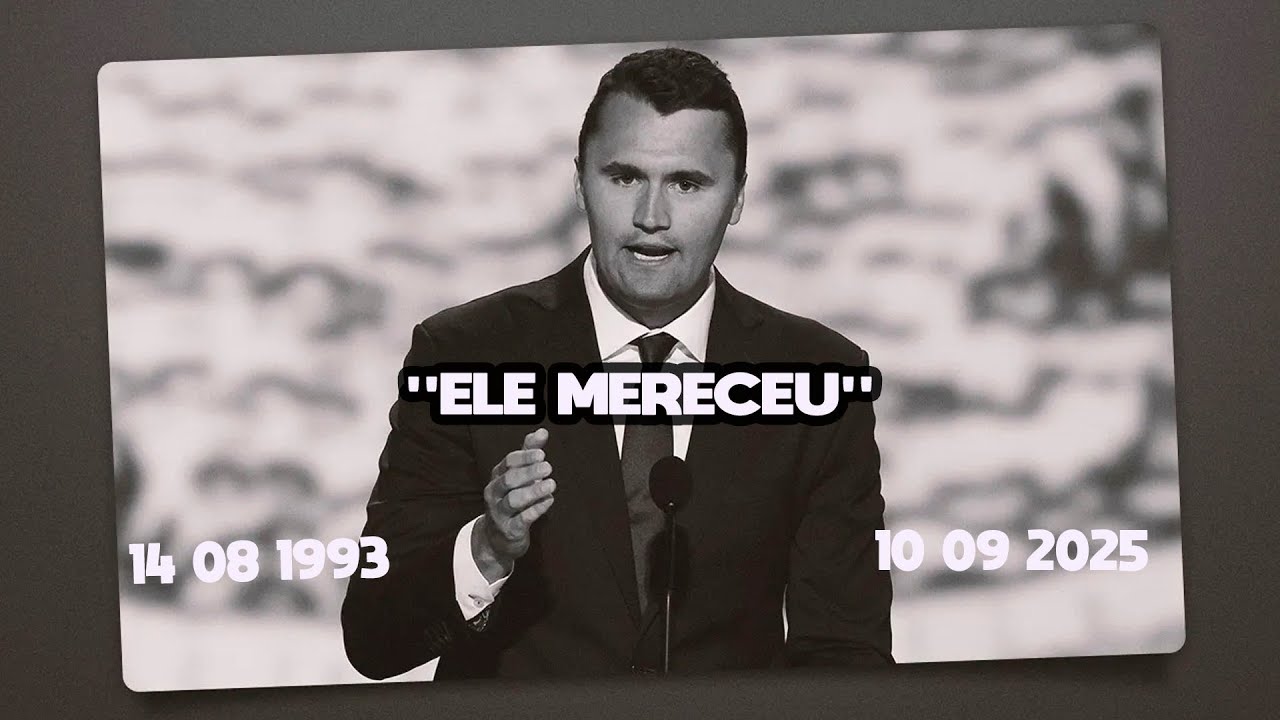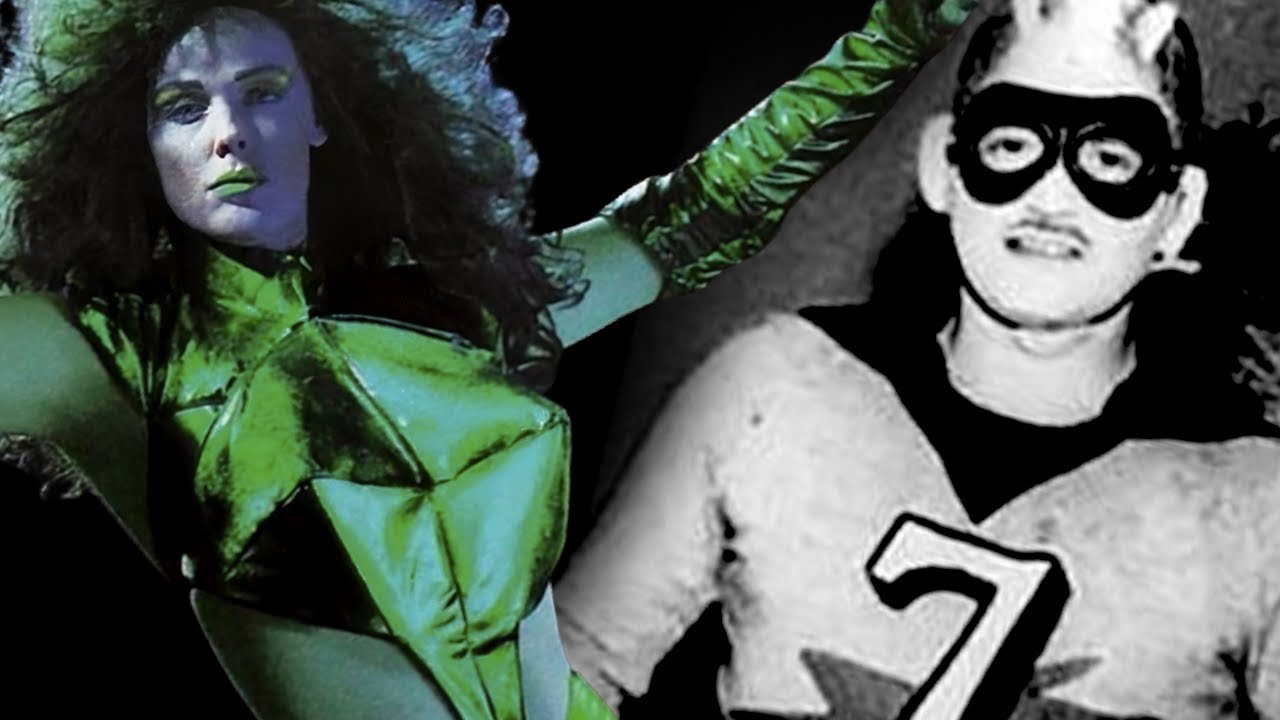Como identificar uma criança com AUTISMO? – Dr. Thiago Castro
0[Music] What autism is is a series of disabilities mainly in socialization, communication and restricted and ritualistic patterns of behavior . In your own way, we have social behavior that is expected and this non-social behavior doesn’t really meet the criteria of what society expects and it creates a series of incapacities for this little one, but then you talked about socialization, which I would say is the symptom. This is the main difficulty for him to understand these social rules of what it means to relate, whether as a child playing with other children with his family in communication, what would be the changes if you keep this information? The public who are watching you here have a great chance of already being able to understand the autism from a very young age, a child from birth, she communicates, she communicates by crying, she communicates by looking, communication is not speech, communication is how I see you, you see me and that you understand me and I understand you, interact too, but we we have some Marcos, I hope that babies make mouths, for example, at six months, in fact, they do them before, right, two or three months, they do, but the baby mouths that alternate consonants and vowels are you, at 7 months of age, with nine months, these baby mouths, they still they are stronger and now we can even alternate vowels and consonants for a year of age this child has these babblings in a functional way, that is, mommy, daddy, you are a person aged 1 year and three months at least 10 words at a year old and six months 20 to 50 words at two years old if you ask that child where is your nose where is your mouth where is your ear where two years old Where is daddy at work where is mommy in the kitchen How old are you there are two, so that child, even if he speaks a few words, 50 to 200 words, he already has very clear communication, space, he forms small sentences with two to three words at three years of age, 500 to a thousand words, at four to five years of age, this This child has a sense of time, this child of ours, of what is fantasy and what is real, depending on how fantasy is cultivated in this child’s life, it is very, very difficult for him to believe in Santa Claus or the Easter Bunny. I don’t believe it depends on how creativity is cultivated in this child and that’s very interesting because these autistic people that almost everyone knows are level 2 and level 3 who are diagnosed at this stage, level 1 is not there in the dsm criteria, the level is Obligatory he talks then people talk Wow but he talks he’s not autistic but he talks less he talks about his interests he talks in a ritualistic way an altered pragmatic symbolic prosody but what happens at level 2 and level 3 then receiving treatment and level 1 is not and he is now in the first year of age in the first year of school with anxiety with depression with other diagnoses of TDH among other things and then he did not have the same opportunity to receive treatment and you ask him how his day was It was good and how good is your school and your friends What is your best friend’s name Paulo so layers of depth of communication right so that’s more or less so we have to be very careful I say I’m more afraid at the level of support than level 2 level 3 because look, I’m the father of a level 3 for six years five years my son underwent treatment So I gradually learned what autism is until the moment comes when I have good fluency In autism, even if I was a doctor or not, I would have this influence because I lived, I lived the process, I lived the treatment, I lived everything, now imagine this mother or father, this child always talked less, always played but played in his own way, he had rigid behaviors stereotypical let’s take a shower fight to take a shower let’s get out of the shower fighting bath let’s put on these clothes in crisis why not the clothes of his color put on the shoes always wanting shoes and everything and this child didn’t receive the diagnosis and then it goes on passing the time and now at six years old a diagnosis falls into the lap, but different from level 2 and level 3 to treat these children who don’t look that don’t have specific therapies , working with autistic level 1 support is difficult because they are small things that happen subtly, right ? I can’t speak louder than I should because it will be unpleasant, but when I talk all day long, then all day long, someone would have to model this boy’s conversation, but whoever models it will be a therapist all day long for a functional child. give an example that my son has this difficulty it is very complex to teach pronouns ma’am so son and then of course This is the action the rules of my house, right father is sir Mother to you grandma and grandma sir and madam to Ana Madam Alex is sir he has been teaching this for a year and it won’t now you will put this to a therapist to work on once a week 15 20 30 minutes it will work so that’s why the father and mother of level 2 and level 3 they they mature with the time and the father of level 1, not only that level one has more suicidal ideation, at least 25% die more due to a greater awareness of themselves, it’s not that they have greater awareness of their difficulties, I think it’s the main thing, I don’t think so, I I’m sure, the autistic suffers more level 1, he suffers more because he dies more, he has more depression, he has more anxiety, all of these things we call mental illnesses, the autistic has a greater chance of developing schizophrenia, among many other things, but what happens the autistic level 1 level 1 mainly support person aged 78 years old he has disabilities I will get some he doesn’t play ball the way he should he doesn’t fit in the way he should he can’t engage in the same way he should What is the natural tendency exclusion being excluded from the group Feeling of not belonging and a lot of bullying because a lot I had an 8 year old boy who was level 1 autistic which I felt the mother always asked for school support and the school didn’t provide support it’s a country school the mother didn’t he was able to undergo treatment and that child didn’t play ball that child couldn’t play with his friends and he was a child who had food selectivity and he only ate cheese bread at snack time and when it was time to eat cheese bread the boys who already got it on him for so many other things Now they started picking on him because he ate the Pão de Queijo cone for some people who don’t understand autistic people, sometimes they have food selectivity that he only eats Of course, dry and crunchy, that’s what happened in home others pasty foods other colored foods So there are some very strict food standards and it’s not a bad thing then I’ll give an example of the cockroach that people will understand if you let me I’ll talk for four hours straight here and there This boy started There, being made fun of, being bullied by his classmates, he stopped eating cheese bread, you know, French bread, he would take out all the crumbs and then he would start with those crunchy parts. It might look like just cheese bread, but that was all he ate. Exactly that, imagine this for mother for that child and he doesn’t want to go to school anymore so these examples of autistic people I have lots of people who just suffer a lot exactly exactly he expects normality than grade two and grade three you see that you have more even the teachers right, because the teachers arrive, right, and look and say, don’t look like that, my friend, let’s be patient because he has a little problem or he doesn’t, he doesn’t have that facility that we have exactly type one, if we’re not warned, that’s a really difficult story, right? Thiago and then it’s a suffering for him, it’s a suffering







